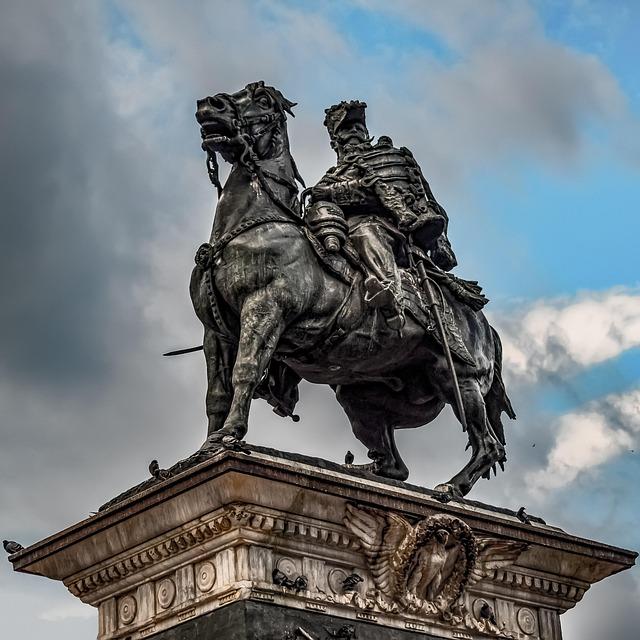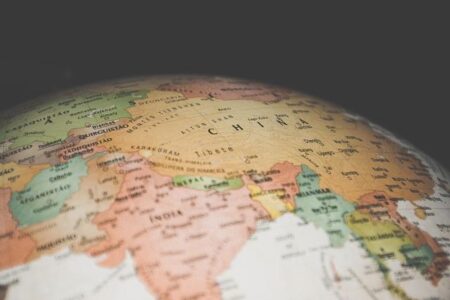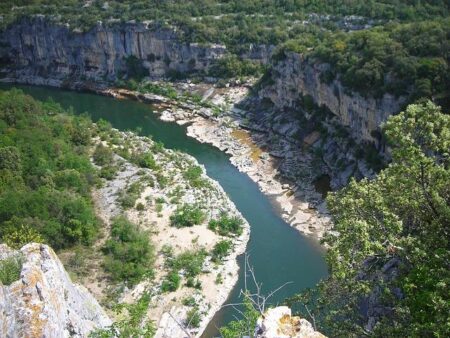In a bid to navigate the turbulent waters of French politics, President Emmanuel Macron is actively seeking a new prime minister amidst an increasingly chaotic political landscape. With his government facing mounting challenges, including public discontent and legislative gridlock, Macron’s decision reflects an urgent need for fresh leadership to restore stability and address pressing national concerns. As the political climate grows more contentious, observers are keenly watching how this leadership shift may reshape the future of France and impact Macron’s ambitious reform agenda.
Macron’s Strategy to Stabilize Governance Amid Political Turmoil
President Emmanuel Macron’s latest maneuver to solidify France’s governance arises from the chaos that has engulfed the political landscape. By actively seeking a new Prime Minister, Macron aims to rejuvenate his administration and instill confidence among citizens. Political analysts are watching closely, as this move could reshape the dynamics within his cabinet and provide much-needed stability. Key objectives in this strategy include:
- Fostering unity among various political factions.
- Revitalizing public trust through effective leadership.
- Implementing decisive policies to tackle pressing national issues.
With a backdrop of persistent unrest and widespread dissatisfaction, Macron’s decision is seen as both a challenge and an opportunity. The new Prime Minister will be tasked with navigating a complex web of demands from various interest groups and restoring faith in the government. A strategic balance of experience and fresh ideas will be essential. Here’s a table showcasing potential candidates in the running for the position:
| Name | Experience | Public Support |
|---|---|---|
| Jean Castex | Former PM | Moderate |
| Élisabeth Borne | Minister of Labour | High |
| Laurent Wauquiez | Regional President | Low |
Potential Candidates for Premier: Who Could Restore Order
The search for a new Premier has stirred speculation about who might take the reins during these turbulent times in France. Key figures from various political factions are emerging as potential candidates, each bringing unique attributes to the table. With the nation yearning for stability, the following individuals are being closely watched:
- Édouard Philippe: Former Prime Minister, known for his pragmatic approach.
- Jean-Luc MĂ©lenchon: Leading the left, he might appeal to the disenchanted youth.
- Jordan Bardella: The youngest head of the National Rally, offering a fresh perspective on far-right issues.
- François Bayrou: A seasoned centrist politician, he could bridge party divides.
As Macron navigates this political landscape, interviews and public opinions indicate a push for leaders who can resonate with the populace’s desire for effective governance. Each candidate carries with them distinct challenges, including party loyalty and public perception. An analysis of these contenders reveals where their strengths lie:
| Candidate | Strengths | Challenges |
|---|---|---|
| Édouard Philippe | Experience and established public support | May face resistance from hardline factions |
| Jean-Luc MĂ©lenchon | Charismatic leader, strong youth support | Polarizing figure among moderates |
| Jordan Bardella | Dynamic presence, taps into populism | Concerns over extreme policies |
| François Bayrou | Centrist approach, seasoned experience | Lack of younger appeal |
Public Reaction: Citizens Weigh In on Leadership Changes
In the wake of President Macron’s announcement regarding leadership changes, public sentiment is deeply divided. Many citizens have taken to social media and town halls to express their views, with a noticeable split between hope and skepticism. Proponents argue that a new premier could reinvigorate the government’s agenda, fostering a sense of stability and direction. Key themes emerging from public discourse include:
- Desire for Change: A significant number of citizens are optimistic that fresh leadership could address pressing issues like economic recovery and social unrest.
- Cautious Skepticism: Others remain doubtful, recalling past leadership transitions that failed to deliver promised reforms.
In addition to social media chatter, town hall meetings have provided a platform for citizens to voice their concerns directly. Many attendees highlighted the need for a leader who can effectively communicate and bridge the growing gap between the government and the populace. A representative from a local advocacy group remarked, “We need a premier who understands the everyday struggles of the French people.” This sentiment resonates with many, as citizens seek leadership that prioritizes transparency and accountability. A survey conducted last week indicates that 65% believe effective communication is crucial for the next premier’s success. The challenge remains: can these aspirations translate into practical governance?
Future Implications: What a New Premier Means for France’s Agenda
The appointment of a new premier in France holds significant weight for the nation’s political landscape. As President Macron seeks to stabilize a government marked by internal divisions and public discontent, strategic shifts in policy direction may be on the horizon. The anticipated leader is expected to prioritize key issues that resonate with both the electorate and broader European interests, specifically:
- Economic Resilience: Focus on revitalizing the economy post-pandemic.
- Social Cohesion: Initiating reforms that address inequality and bolster public trust.
- Climate Initiatives: Enhancing France’s commitment to green policies and sustainable practices.
Furthermore, the new premier’s approach will likely influence France’s international relations, particularly within the EU. A strong, cohesive agenda could lead to:
| Potential Impact | Description |
|---|---|
| Strengthened Alliances | Rebuilding relationships with key European partners. |
| Increased Influence | Positioning France as a leader in EU decision-making. |
| Trade Agreements | Potential new deals to boost economic growth. |
To Wrap It Up
In conclusion, President Emmanuel Macron’s quest for a new prime minister underscores the urgency of stabilizing his administration amid ongoing political turmoil. As France grapples with a myriad of challenges—from economic recovery to social unrest—Macron’s ability to appoint a leader who can bridge divides and restore confidence will be pivotal. With the clock ticking, all eyes will be on the forthcoming selection, as it will not only shape the trajectory of his presidency but also the broader political landscape in France. The stakes are high, and the pressure mounts for a decisive move that can reignite hope amidst the chaos.




